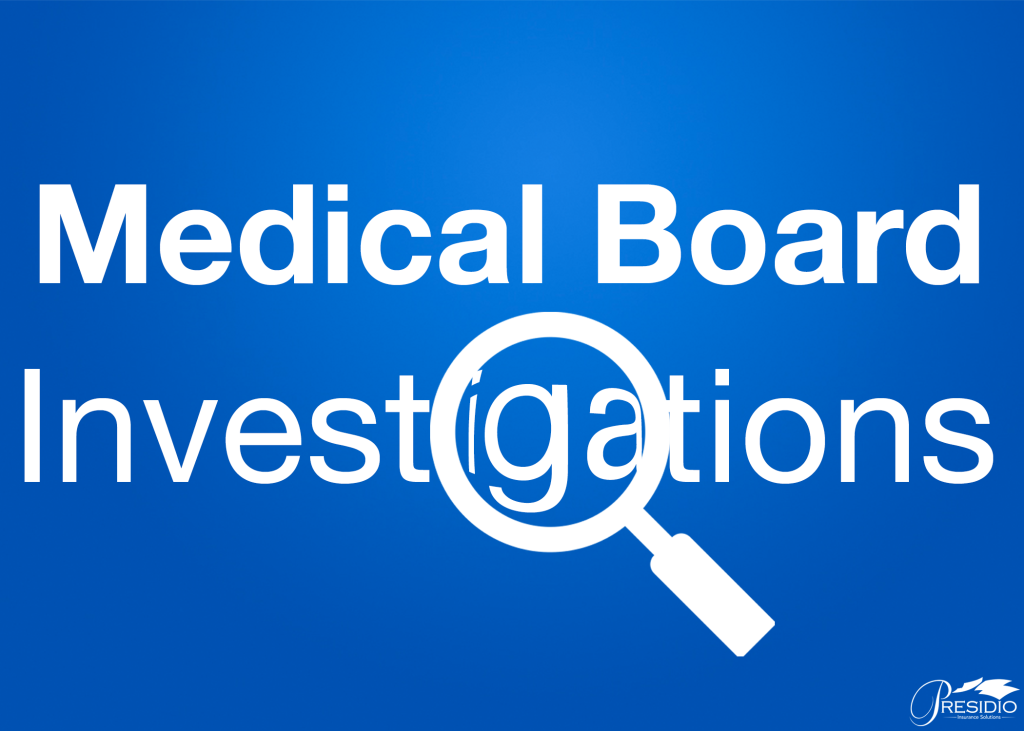From Anesthesiology to Urology, there are medical boards for just about every specialty available here in the United States, and they often do a great deal of good for the industry, including lobbying for positive legislative reforms, and providing conferences to display new breakthroughs.

Unfortunately, physicians are sometimes the subjects of investigations due to questionable behavior or illegal activities. Of course, all physicians are human and are prone to making mistakes, but inexcusable actions require the board to impose consequences. Boards are usually tasked with doing the investigation, as well as taking action once the investigation has been resolved. First, we’ll start with some common reasons for why a state medical board might be prompted to complete an investigation of a physician:
Personal Issues
Just as in any profession, things like personal tragedies or inter-workplace relationships can affect how one performs. When something from a physician’s personal life begins negatively affecting their professional career, the board will be tasked with intervening.
Improper Record-Keeping
Although it is more common to forget about or improperly detail medical records, there are instances where physicians falsify medical information. This act is not only insurance fraud, which would lead to board and insurance carrier investigation, but is also a criminal felony.
Claims
This could range from having an excessive number of claims, having an alarming severity of claims, or having claims resulting from a common source or procedure. At any rate, board investigations can be triggered by unusual claim activity.
Once a board has completed an investigation, it’s next course of action typically falls under one of two umbrellas:
1. No Formal Action
If an investigation finds that the physician in question is not at fault, the board may decide not to take any formal action against the physician. Fines for the cost of investigation may be imposed, but beyond this, the investigation is more or less noted for future reference.
2. Formal or Public Action
If a medical board finds the physician at fault of an inexcusable action, they will usually take action against the physician’s license. From full revocation to restrictions or suspensions, consequences will vary depending on severity. Suspensions, however, are likely the most common out of these consequences. Peer-supervision may also be mandated, as well as continuing additional fines or even rehabilitation, depending on the severity of the infraction. Some insurance carriers also offer coverage for legal fees associated with responding to and appearing in front of medical board investigations.
